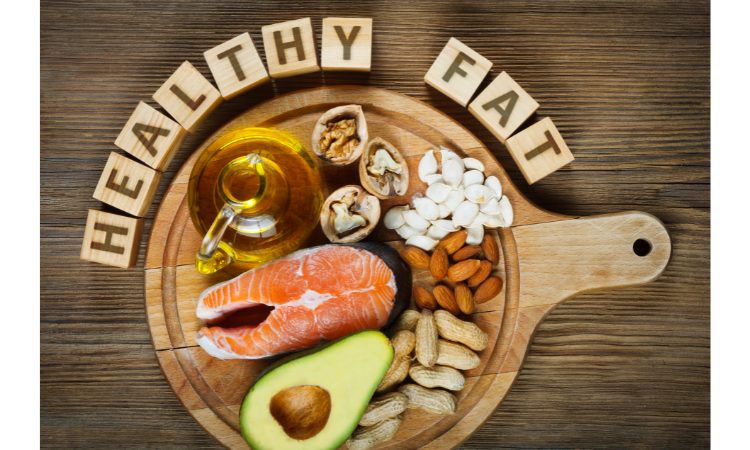It’s a commonly held belief that high-fat foods are the arch-enemies of a healthy diet. But what if I told you that this isn’t entirely true? In fact, there are 10 high-fat foods that are actually good for you. Before you think of the image of a 10-body fat 6-foot athlete, remember that the body needs certain kinds of fats to function optimally. Let’s dive into these culinary delights and explore their benefits.
Avocado
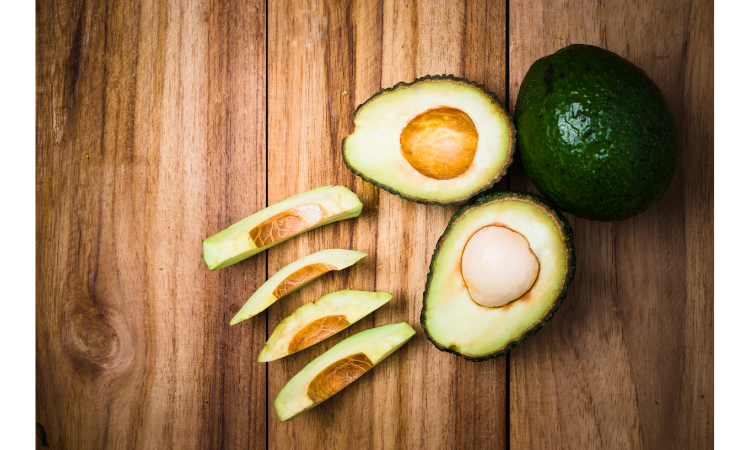
The avocado isn’t known as a superfood for nothing. Not only is it creamy and delicious, but it’s also packed with monounsaturated fats. These fats are heart-healthy and can:
- Help reduce bad cholesterol levels
- Lower the risk of heart disease
- Provide nutrients like vitamin E, potassium, and folate
Fun Fact: An avocado has more potassium than a banana.
Nuts (Almonds, Walnuts, and Cashews)
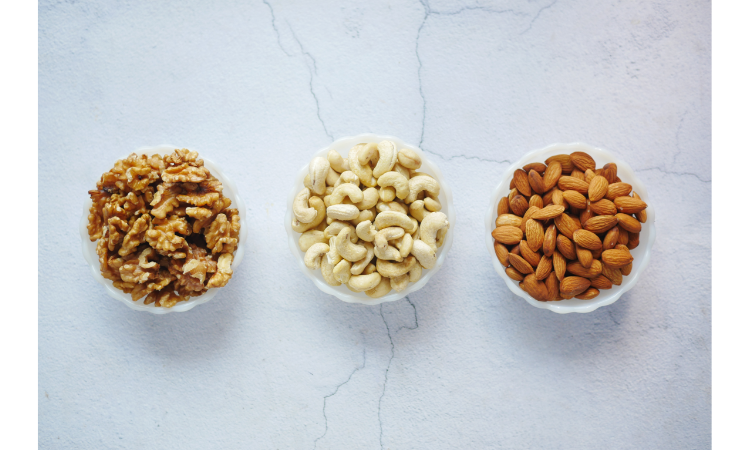
Ah, the delightful crunch of nuts! They’re not just tasty; they’re also great for you. Here’s why:
- They contain both monounsaturated and polyunsaturated fats.
- Rich in vitamin E, fiber, and magnesium.
- They can help lower bad cholesterol.
Be cautious though, as they’re also high in calories. Moderation is key.
Olive Oil
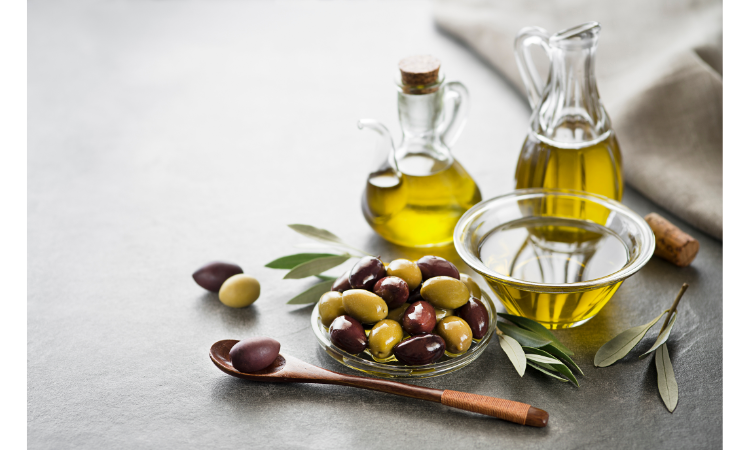
This Mediterranean favorite is not only versatile but also brimming with health benefits:
- Rich in antioxidants and anti-inflammatory properties.
- Can reduce the risk of heart disease.
- Helps in lowering bad cholesterol.
Drizzle it over salads or use it for cooking, but remember, it’s always best to choose extra virgin olive oil for maximum benefits.
Salmon
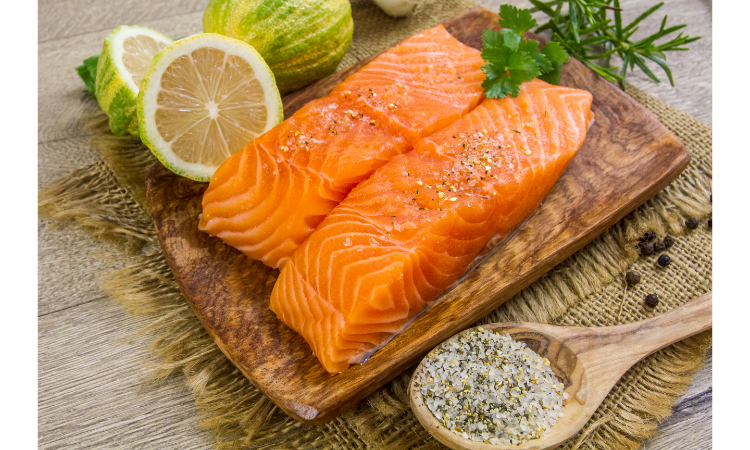
When you think of 10 high-fat foods that are actually good for you, salmon is bound to make the list. This fatty fish is:
- An excellent source of omega-3 fatty acids.
- Beneficial for brain and heart health.
- Packed with B vitamins, potassium, and selenium.
Include it in your diet at least twice a week for a heart-healthy dose of fats.
Eggs

For years, eggs have received a bad rap due to their cholesterol content. However, recent studies suggest that they’re a nutritious powerhouse:
- Rich in protein and biotin.
- Provide good fats and antioxidants.
- Contains vital nutrients for brain health.
So, go ahead, and enjoy your eggs, whether scrambled, boiled, or poached.
Dark Chocolate
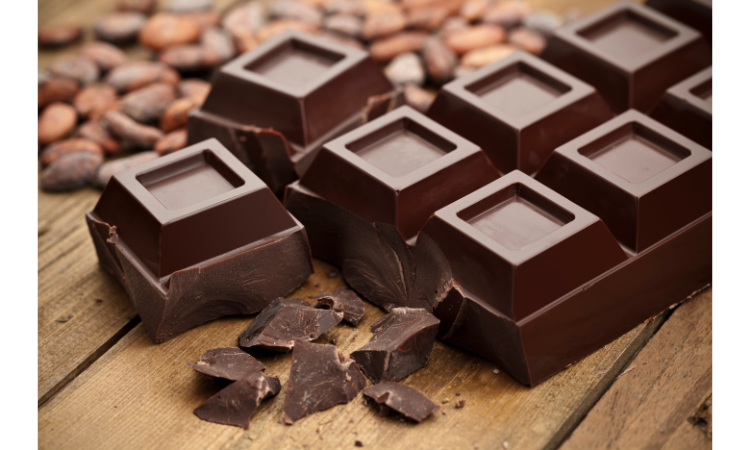
Rejoice, chocolate lovers! Dark chocolate isn’t just a treat for your taste buds:
- Contains healthy fats.
- Packed with antioxidants, fiber, and minerals.
- Can improve heart health.
Ensure you pick a bar with at least 70% cocoa content for maximum benefits.
Chia Seeds
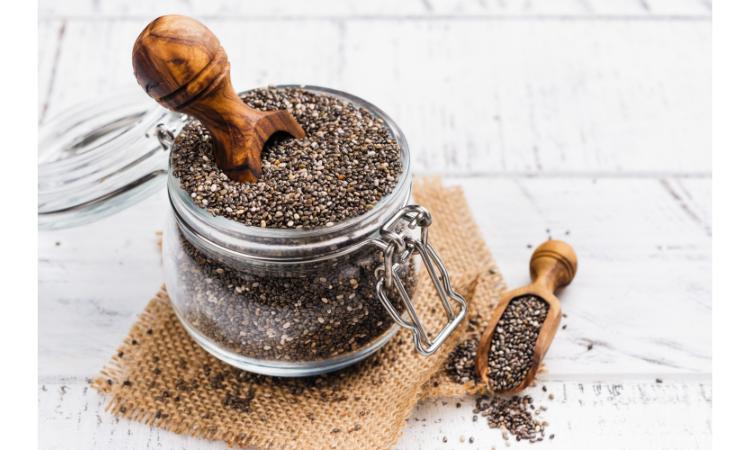
Tiny but mighty, chia seeds are a nutritional marvel:
- High in omega-3 fatty acids.
- Rich in fiber, calcium, and protein.
- Can aid in weight loss.
Add them to your smoothies, oatmeal, or yogurt for a crunchy twist.
Full-Fat Yogurt
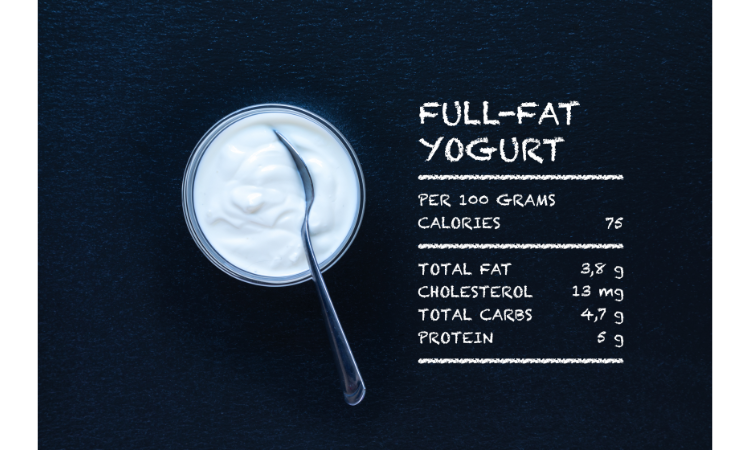
Forget the low-fat variants; full-fat yogurt is where the benefits are:
- Contains probiotics beneficial for gut health.
- Provides essential vitamins and minerals.
- Can be a great source of protein.
Top it with berries or nuts for a healthful snack.
Cheese
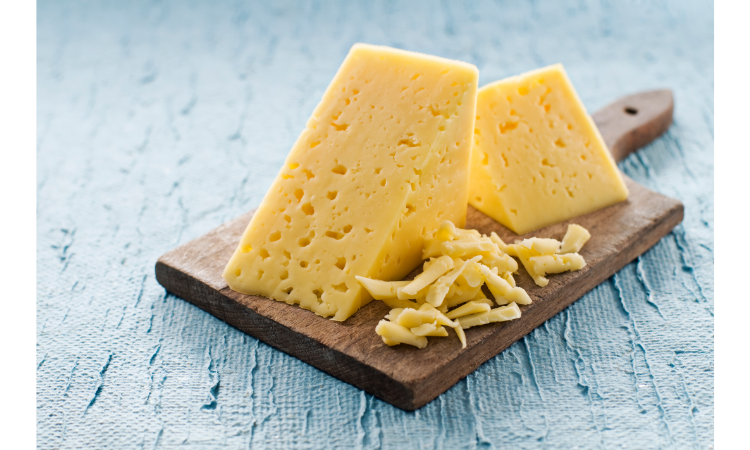
Yes, you read that right! Cheese, in moderation, can be good for you:
- Packed with calcium, vitamin B12, and other essential nutrients.
- Contains fatty acids that can be beneficial for heart health.
- Can be a source of probiotics (especially in aged cheeses).
Next time you feel guilty about that cheese platter, remember its health benefits.
Coconut Oil
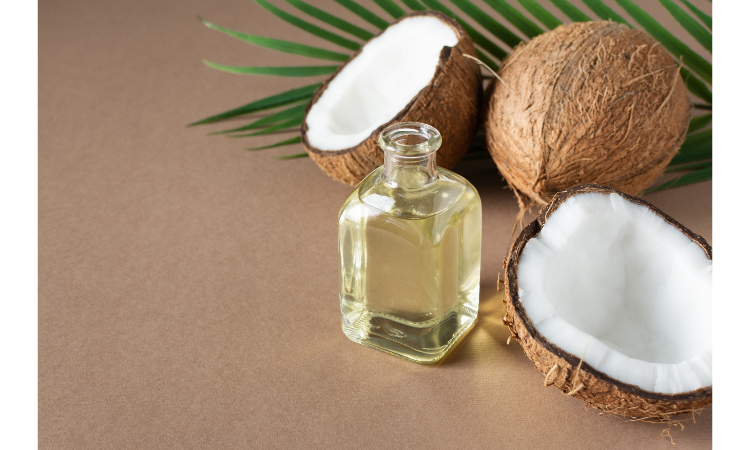
Last but certainly not least, coconut oil has gained popularity in recent years for its numerous benefits:
- Contains medium-chain triglycerides (MCTs) that can aid in weight loss.
- Has antimicrobial properties beneficial for skin and hair.
- Can be a dairy-free alternative for baking.
While there are concerns regarding its high saturated fat content, using it in moderation can provide you with its myriad benefits.
Understanding Fats
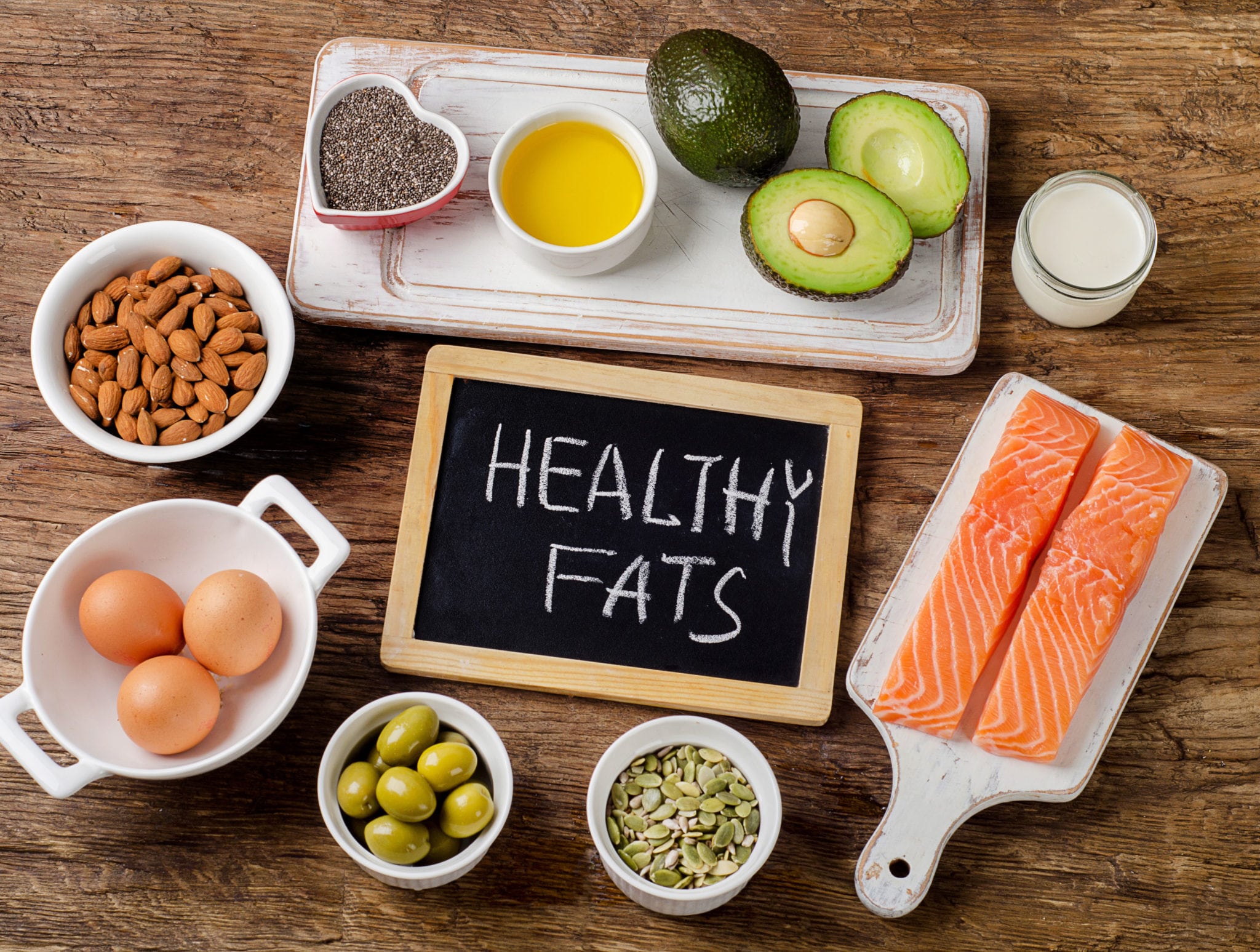
There’s a reason why fats are one of the three primary macronutrients (alongside proteins and carbohydrates). They play a vital role in:
- Energy Production: Fats provide more energy per gram than proteins or carbohydrates.
- Vitamin Absorption: Some essential vitamins (like A, D, E, and K) are fat-soluble, meaning they require fat to be absorbed by the body.
- Cellular Health: Fats are essential components of cell membranes.
However, as with anything in nutrition, the key is balance and quality. For every high-quality fat source, there’s a lower-quality one that you might want to consume in moderation or avoid.
Understanding the distinction between “good” fats and “bad” fats is crucial for maintaining optimal health and making informed dietary choices. Let’s delve into the world of fats and distinguish between the beneficial and the not-so-beneficial.
Good Fats
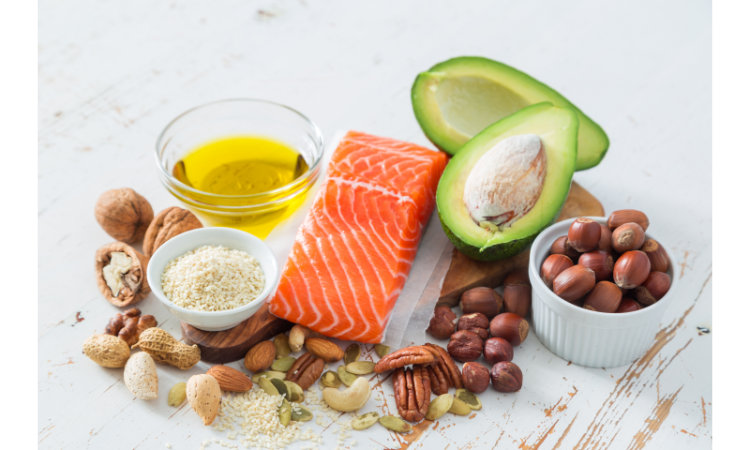
These fats are essential for numerous bodily functions, including absorbing certain vitamins, producing hormones, and providing long-lasting energy.
Monounsaturated Fats:
-
- Found in: Avocados, olive oil, nuts (like almonds, hazelnuts, and pecans), and seeds (like pumpkin and sesame seeds).
- Benefits: Can help reduce bad cholesterol levels in your blood which can lower your risk of heart disease and stroke. They also provide nutrients to help develop and maintain your body’s cells.
Polyunsaturated Fats
-
- Found in: Fatty fish (like salmon, mackerel, sardines, and trout), walnuts, flax seeds, and vegetable oils (like sunflower, corn, and soybean oil).
- Benefits: Contains omega-3 and omega-6, which are essential fatty acids that the body can’t produce on its own. These fats are crucial for brain function and cell growth. Omega-3s, in particular, protect against heart disease.
Bad Fats
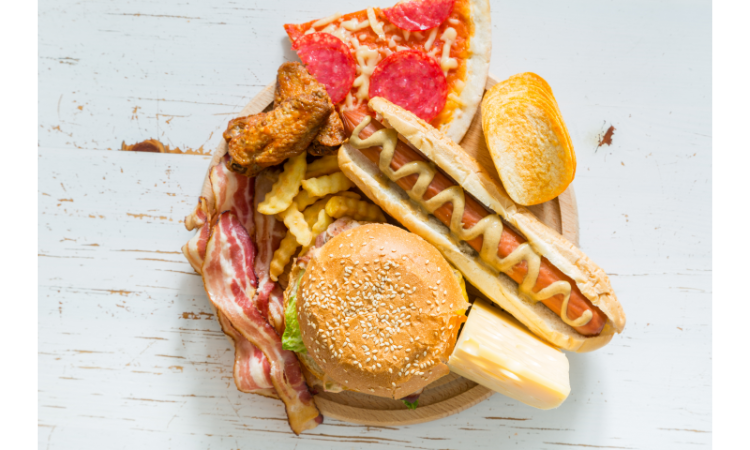
Consuming large amounts of these fats can raise cholesterol, increase the risk of heart disease, and have other negative health impacts.
Saturated Fats:
-
- Found in: Red meat, butter, cheese, and many processed and fried foods. Also present in coconut oil, but the health implications of saturated fats from plant-based sources are still under study.
- Impact: Can raise total blood cholesterol levels and low-density lipoprotein (LDL) cholesterol levels, which can increase the risk of cardiovascular disease. However, the narrative on saturated fats is evolving, and it’s suggested that not all sources of saturated fats are equally harmful.
Trans Fats
-
- Found in: Many fried foods, baked goods (like pastries, pie crusts, and cookies), and anything containing hydrogenated or partially hydrogenated vegetable oil. Note that some trans fats occur naturally in meat and dairy products, but the primary concern is with industrial trans fats.
- Impact: Raises bad LDL cholesterol and lowers good high-density lipoprotein (HDL) cholesterol, leading to an increased risk of heart disease, stroke, and type 2 diabetes.
Determining Daily Fat Intake
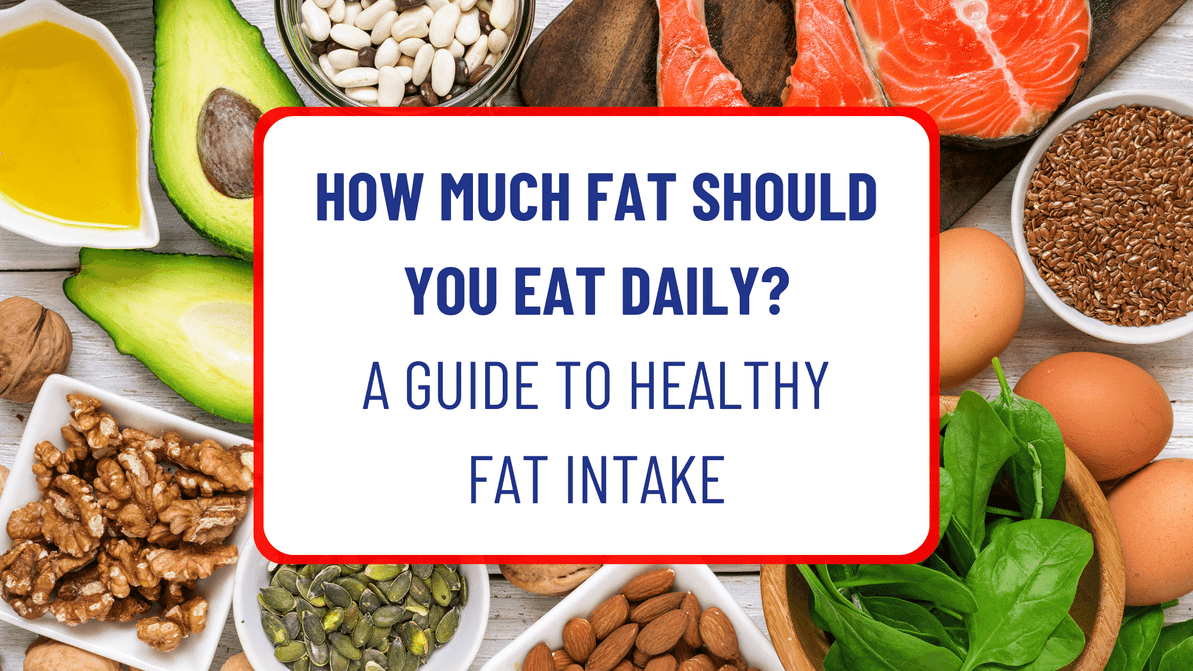
The answer to the question of daily fat intake isn’t universal; it varies based on individual needs, goals, and activities. However, general guidelines suggest:
- Adults should aim to get 20-35% of their daily calories from fats.
- Out of this, saturated fats should be limited to less than 10% of total calorie intake.
For example, if you’re on a 2,000-calorie diet, aiming for 400 to 700 calories from fats (or roughly 44g to 78g) is a general guideline. But always remember, it’s not just about the quantity but the quality of the fats you’re consuming.
Integrating High-fat Foods Into Your Diet
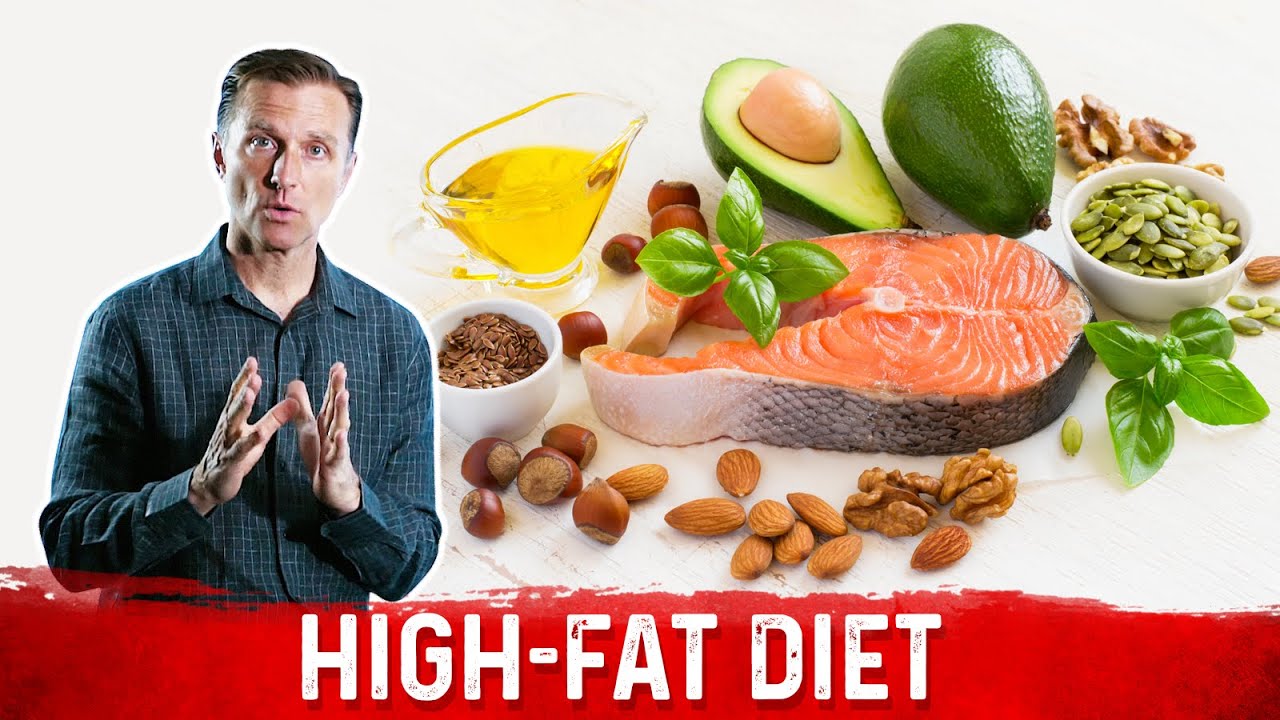
Incorporating these high-fat foods into your daily intake isn’t just about tossing them onto your plate. It’s about creatively combining them for delicious, balanced meals:
- Smoothie Boost: Add chia seeds and a spoonful of coconut oil to your morning smoothie.
- Salad Dressings: Use olive oil combined with lemon juice or vinegar for a refreshing dressing.
- Protein-Packed Breakfast: Pair your morning eggs with avocado slices on whole-grain toast for a balanced breakfast.
- Healthy Desserts: Melt dark chocolate and drizzle over full-fat yogurt, topped with almonds.
Smart Strategies for Healthy Fat Consumption
Diversify Your Fat Sources: Just as with any nutrient, variety is vital. Rotate between avocados, nuts, fatty fish, and other healthy fat sources to ensure you’re getting a mix of different beneficial fats.
Read Labels: When shopping, it’s essential to check product labels for trans fats and other unhealthy ingredients. Even items labeled “reduced-fat” can sometimes contain unhealthy fat substitutes.
Cook Wisely: The way you prepare food can influence its fat content. Grilling, baking, and steaming are healthier methods compared to deep frying.
Watch Portion Sizes: While nuts and oils are beneficial, they’re also calorie-dense. Use measuring spoons and cups to ensure you’re not unintentionally overeating.
The Role of Fats in Physical Fitness

Thinking about that 10-body fat 6-foot physique again? Fats play a crucial role here:
- Energy Reservoir: Especially for endurance athletes, fats act as a substantial energy source when carbohydrate reserves deplete.
- Muscle Building: Essential fatty acids can help reduce muscle breakdown and increase muscle growth.
- Protection: Fats protect our vital organs by acting as a cushion.
In Conclusion
There you have it, a list of 10 high-fat foods that are actually good for you. While the dream of achieving a 10 body fat 6 foot athletic build might be on many people’s minds, it’s essential to remember that not all fats are bad. It’s all about making the right choices and ensuring you’re consuming these high-fat foods in moderation. Always be sure to consult with a nutritionist or dietitian to tailor your diet to your specific needs.
Remember, health is wealth, and these high-fat foods can certainly contribute to a prosperous and nutritious life. Eat well, stay fit, and always prioritize your well-being.
